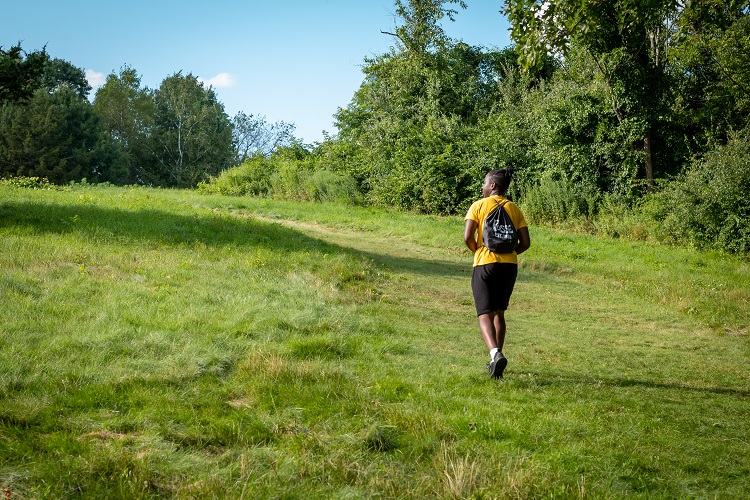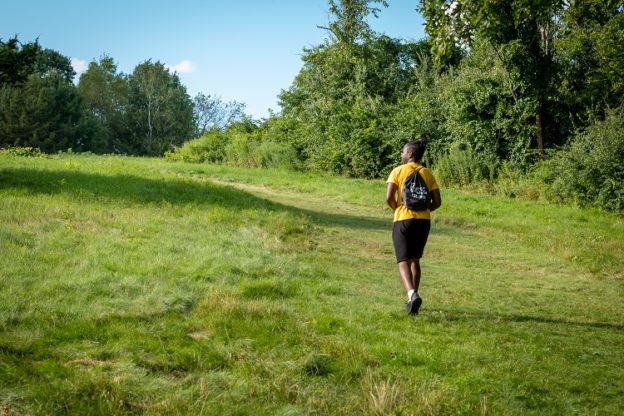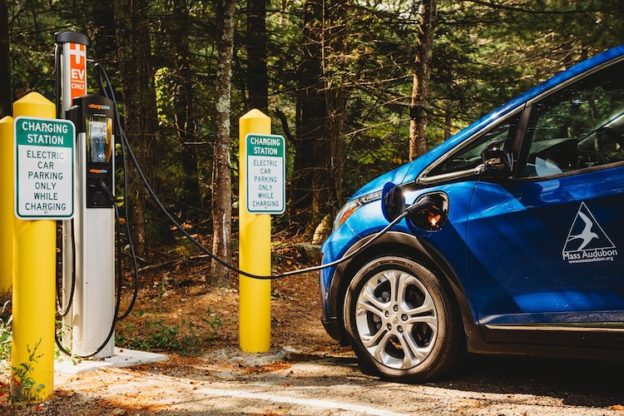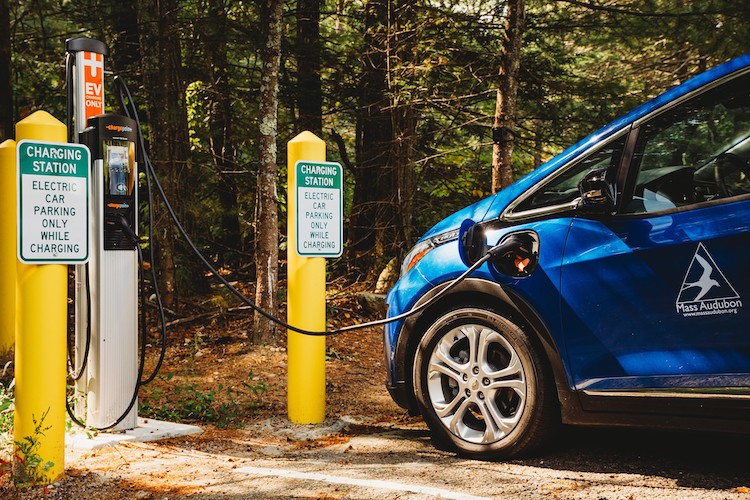
We all know what it’s like to be stuck at home, socially distancing during COVID-19. There are only so many times you can binge your favorite show on Netflix or read your favorite book before you might start to feel a bit disconnected from the world.
If you’re feeling like this, we have good news. One of the ways Mass Audubon is celebrating Earth Day, April 22, COVID-19 edition, is by participating as a team in the month-long 2020 Drawdown Ecochallenge. The Drawdown Ecochallenge is a global competition that consists of a set of actions aimed at tackling our collective climate footprint to fight climate change.
With a dash of friendly competition, this Ecochallenge allows you to select certain actions, ranging in difficulty and frequency, that will help reduce the amount of carbon you emit. Each action you take contributes points towards the Mass Audubon team and allows you to gauge your impact real-time throughout the challenge.
The Ecochallenge allows us to still come together digitally as a community and stay connected with what’s happening to the environment around us. With plenty of actions we can complete while socially distancing, the Ecochallenge is just one of the ways we can celebrate Earth Week while keeping our communities safe and healthy.
Whether it’s taking a much needed, daily walk to check out the infrastructure of your neighborhood or doing some research on what makes seafood sustainable, the Drawdown Ecochallenge can bring us together to celebrate Earth Day’s 2020 theme, Climate Action, as a digital community and keep engaging with our environment in safe ways.
The challenge begins on April 1 and lasts until the end of the month, April 30. Join Mass Audubon’s team and get ready to tackle climate change together! Tag @MassAudubon in your #Ecochallenge photos for a chance to be shared on our social media platforms.




